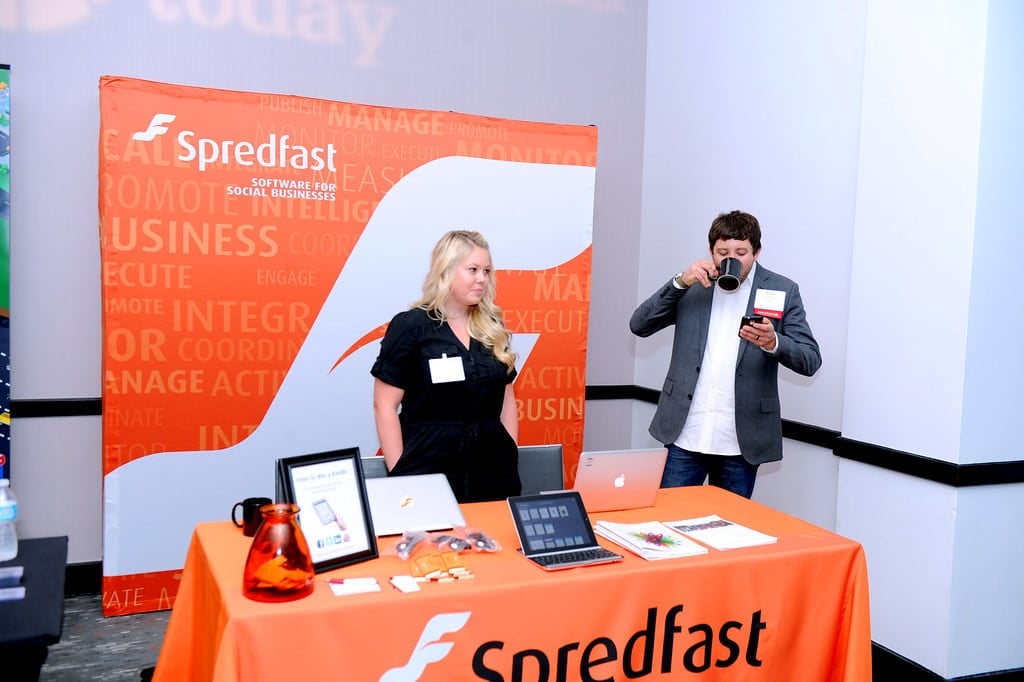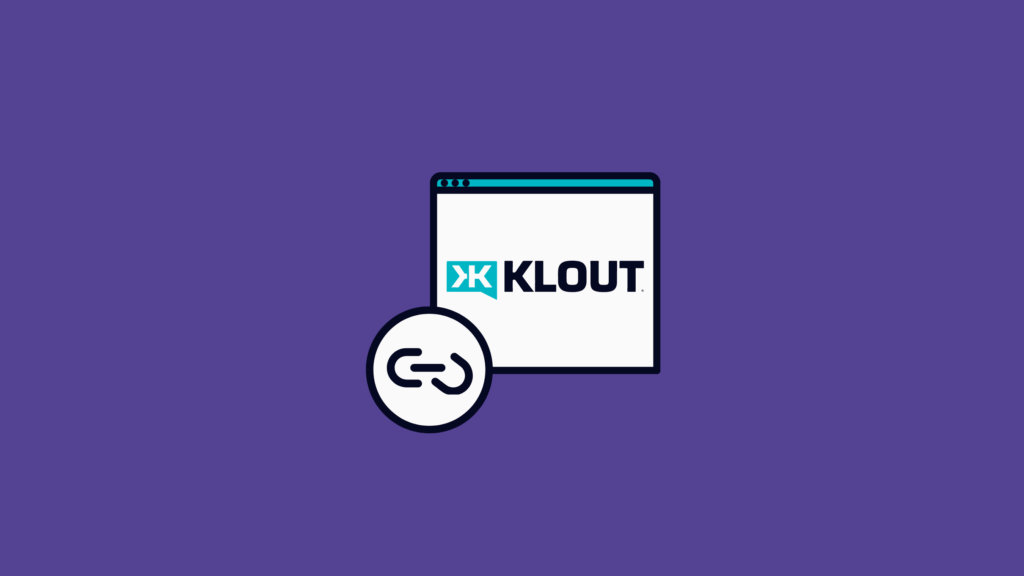Klout.com was a website and app that rated its users’ social media influence using digital analytics. Using the service, businesses could identify social media accounts with high Klout. They would then offer the owners of such accounts free products, hoping that they would post positive messages about the products.
If there is one thing that Klout did not run a shortage of, it was controversy. For instance, John Scalzi, a Hugo award winner, dismissed the service noting “what Klout exists to do is create status anxiety.”
If Scalzi did not like the idea behind Klout, Lithium Technologies, a social customer service company, had a different idea. It paid $200 million for Klout. However, if you wanted to see how influential you are today, using Klout, you will discover that it is no longer available.
We took some time to look into Klout’s 10-year run. Then, we try to find out what happened to it.
The History of Klout.com
Klout was a San Francisco-based corporation founded in 2008 by Joe Fernandez and Binh Tran (Source). In a 2009 archived page of the website, Klout.com indicates that it measured “influence across the social web.” The same page adds, “We believe that every individual who creates content online has influence. Our goal is to measure that influence and make it even more effective” (Source).
Klout collected data about the content on the page to rate an individual's influence and their opinion's impact. The rating was influenced by "how people interact with that content and the size and composition of [the individual’s] network" (Source).
Although some people viewed the analysis produced by Klout as some form of a vanity metric, it was being taken seriously by employers. For instance, if you were looking for a job as a product manager, you may have prepared for all the standard product manager interview questions but still not get the job because you did not have enough Klout.
Calculating the Score
According to an article published by Wired.com, a website that hosts several technology blogs, everyone who had a social media account that was open to the public had a Klout score, whether they were aware of it or not. The same publication notes that there was a time when the score had become so crucial that even if you had no idea what your Klout score was, “there's a chance that [it was] already affecting your life" (Source).
But how was the score calculated? Klout tried to be transparent in this area by releasing a research paper, entitled Klout Score: Measuring Influence across Multiple Social Networks.
In the research paper, the service says that the score was calculated "by hierarchically combining communities and networks.” It continues, “We validate the correctness of the score by showing that users with higher scores can spread information more effectively in a network. Finally, we use several comparisons to other ranking systems to show that highly influential and recognizable users across different domains have high Klout scores” (Source).
The Klout Perks Program

In 2010, Klout announced the Klout Perks Program. This was a program that offered the product management expert an opportunity to identify influential individuals who could give promotional products or services. The idea was to influence individuals with high Klout to post positive messages about the company.
Businesses seem to have taken the program seriously. For instance, General Motors offered influential individuals who were willing to post about the experience on social media some Klout perks. In 2011, Chevrolet paid Klout to find social influencers that the General Motors could loan its recently launched 2012 Sonic for three days. For an individual to qualify, they needed to have a Klout Score of 35 and above (Source).
By 2013, the Perks Programs had received more than one million claims across over 400 campaigns. Celebrating this milestone, Joe Fernandez, the then CEO of Klout, is quoted saying, “I feel like Santa Claus with a million people getting Perks” (Source).
The Microsoft Strategic Investment
In 2012, Microsoft announced that it was making a strategic investment in Klout. Some reports indicated that this was a win-win partnership in that it supplied Klout with search data while bringing “influence scoring technology to Bing.”
Writing for the technology website, TechCrunch, Eric Eldon notes that the investment by Microsoft was another attempt by the technology giant to present itself as an "open search platform." Eldon goes on to note: "As with the Facebook, Twitter, Quora, and even Google+ integrations, Klout helps position Microsoft as the more open and socially-attuned alternative to Google's still-dominant search product" (Source).
The Controversy
While some took Klout with a degree of seriousness, Andrew Hutchinson, writing for a Social media website says, that its detractors saw it as “a vanity metric - and like all vanity metrics, it can be gamed, it can be cheated, and thus it's rendered largely useless” (Source).
In a humorous quip, Scalzi, in his column on CNN Money, points out that Klout was practically sucking in data from all social media platforms and “throwing it into an algorithmic pot.” Klout would then pull out a number between 1 and 100, and stick it on an individual as their influence score. “Klout was a little bit socially evil,” Scalzi wrote.
Writing for the NewYorker.com, Nicholas Thompson doesn’t mince how words and runs his article with the headline Klout is Evil, But It Can Be Served. Thompson doesn't dispute the fact that the idea is clever. Still, he adds, "clever ideas are not necessarily good ones, and Klout is designed in a way that makes it likely to fuel both unhealthy obsession and unhappy competition." His idea is that Klout encourages people to Tweet out of obligation. He says, "Klout seems to encourage nothing good" because it seems to feed into the habits of narcissists.
Klout Acquired by Lithium Technologies

In March 2014, Lithium Technologies confirmed earlier reports that it had acquired Klout for around $200 million. Lithium provided tools for businesses to build online communities. It ceased to exist as a separate entity after it merged with Spredfast (a firm in social media marketing, community management, and software), creating Khoros LLC.
What Then Happened to Klout.com?
In 2018, Peter Hess, the then CEO of Khoros, sent out a message indicating that Klout had finally lost its Klout: "I'm writing to let you know that Lithium has made the decision to sunset the Klout service, effective May 25, 2018." Hess does not seem to make any effort to explain the decision.


